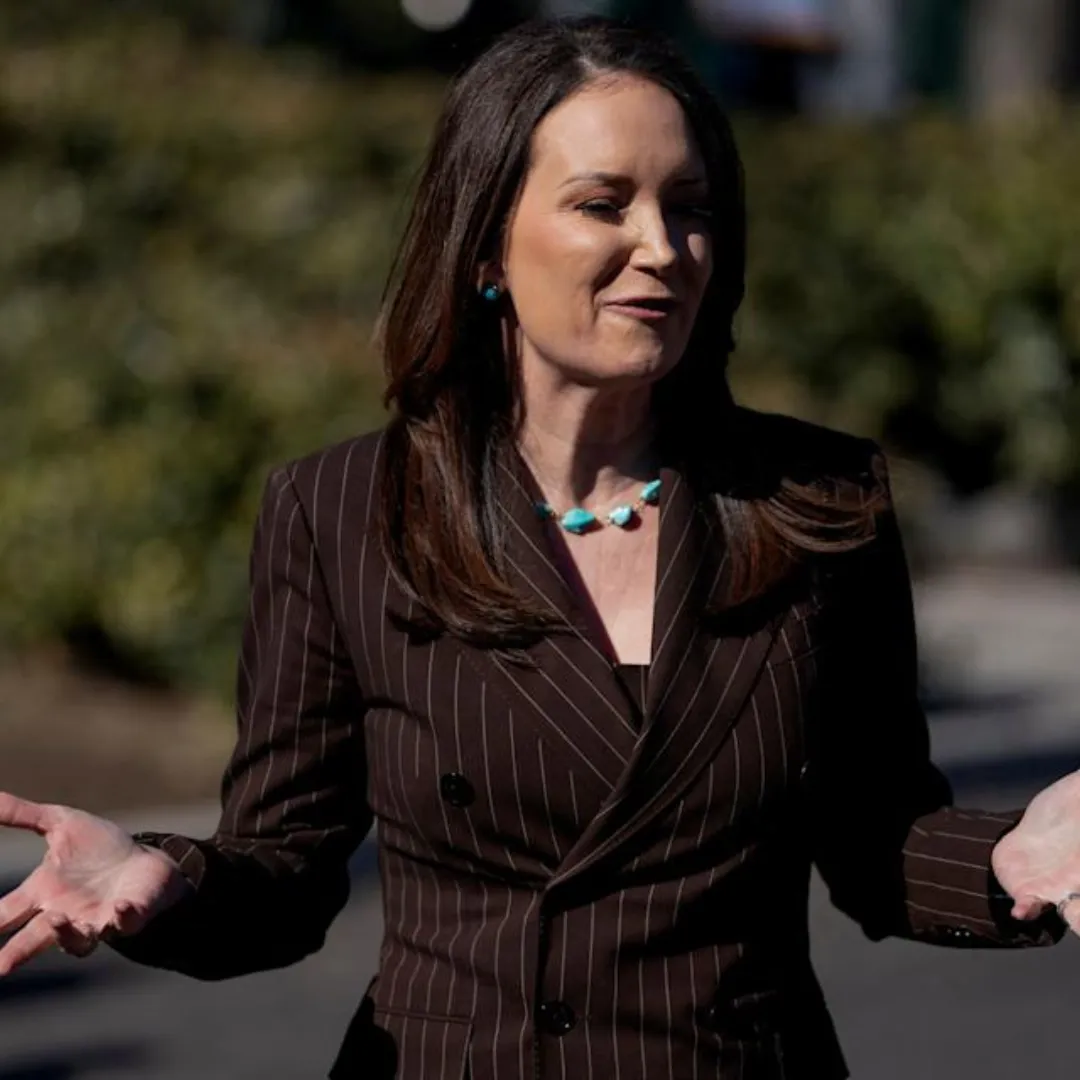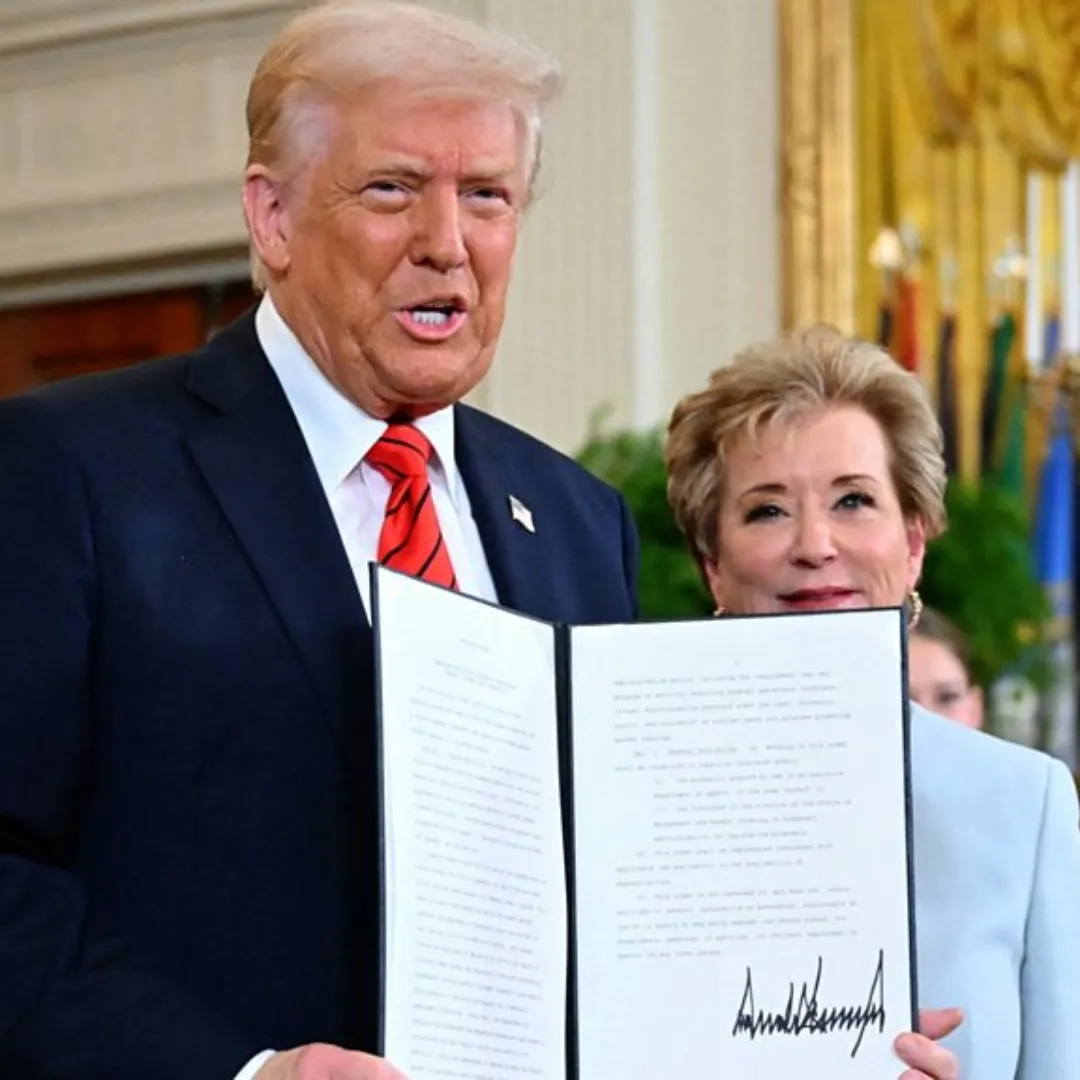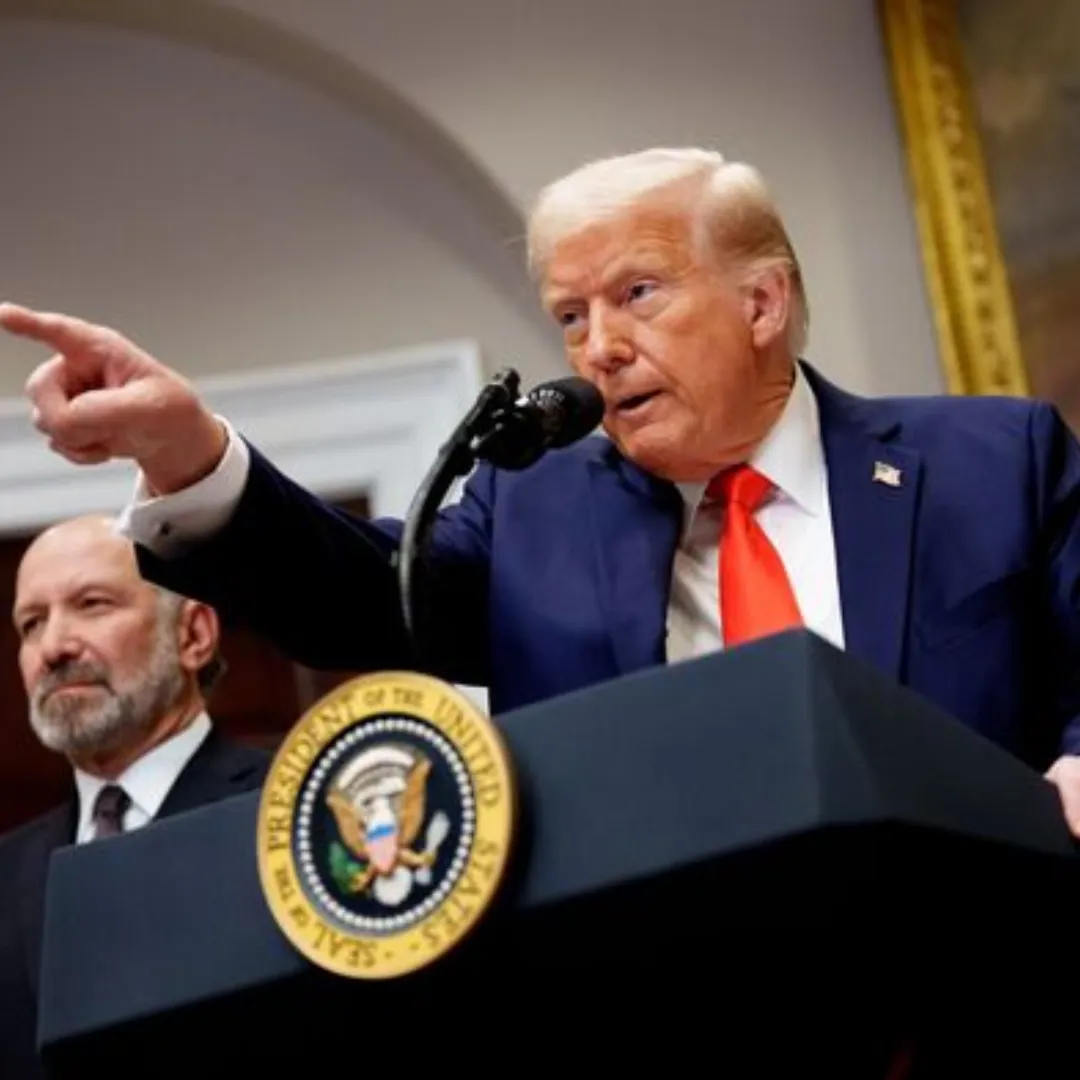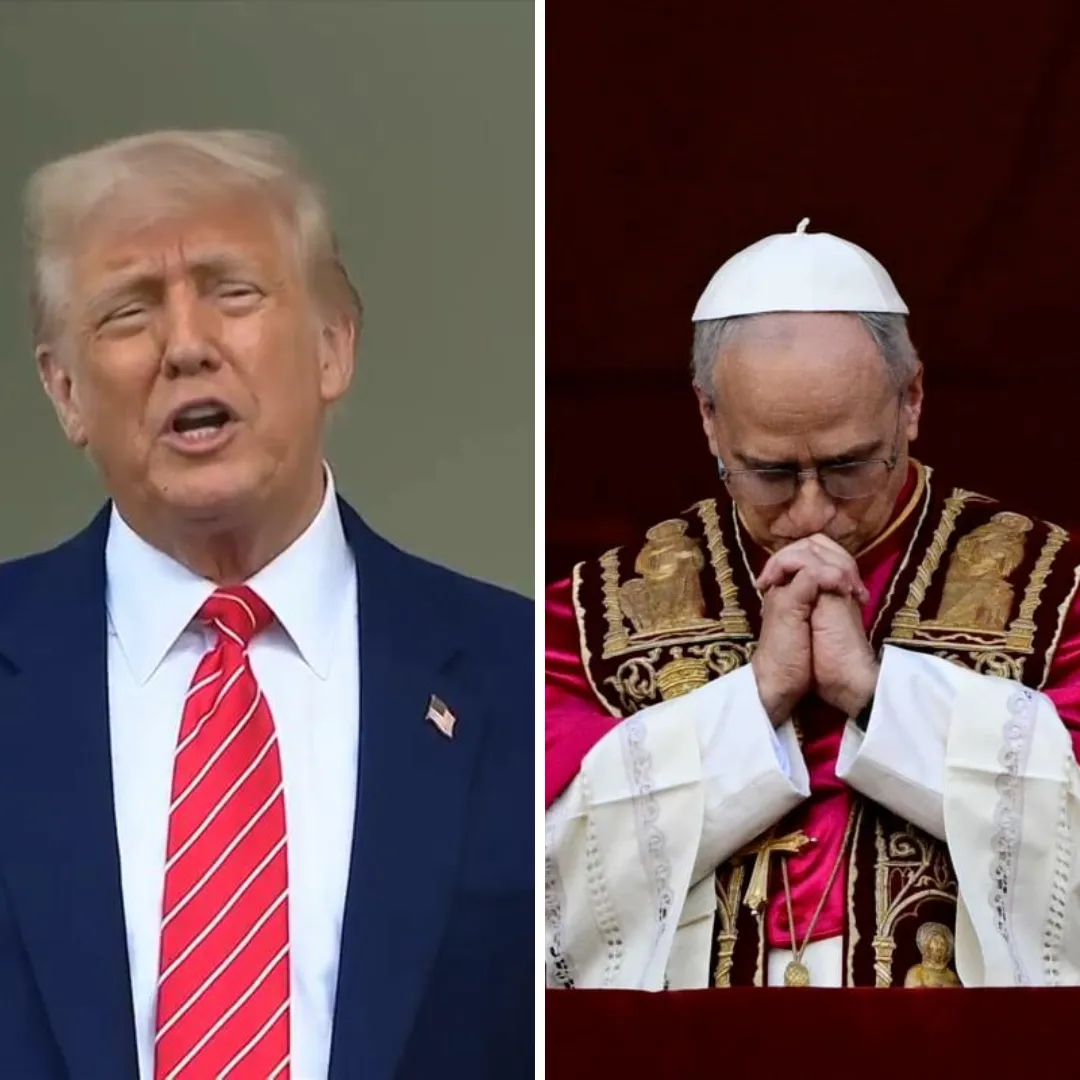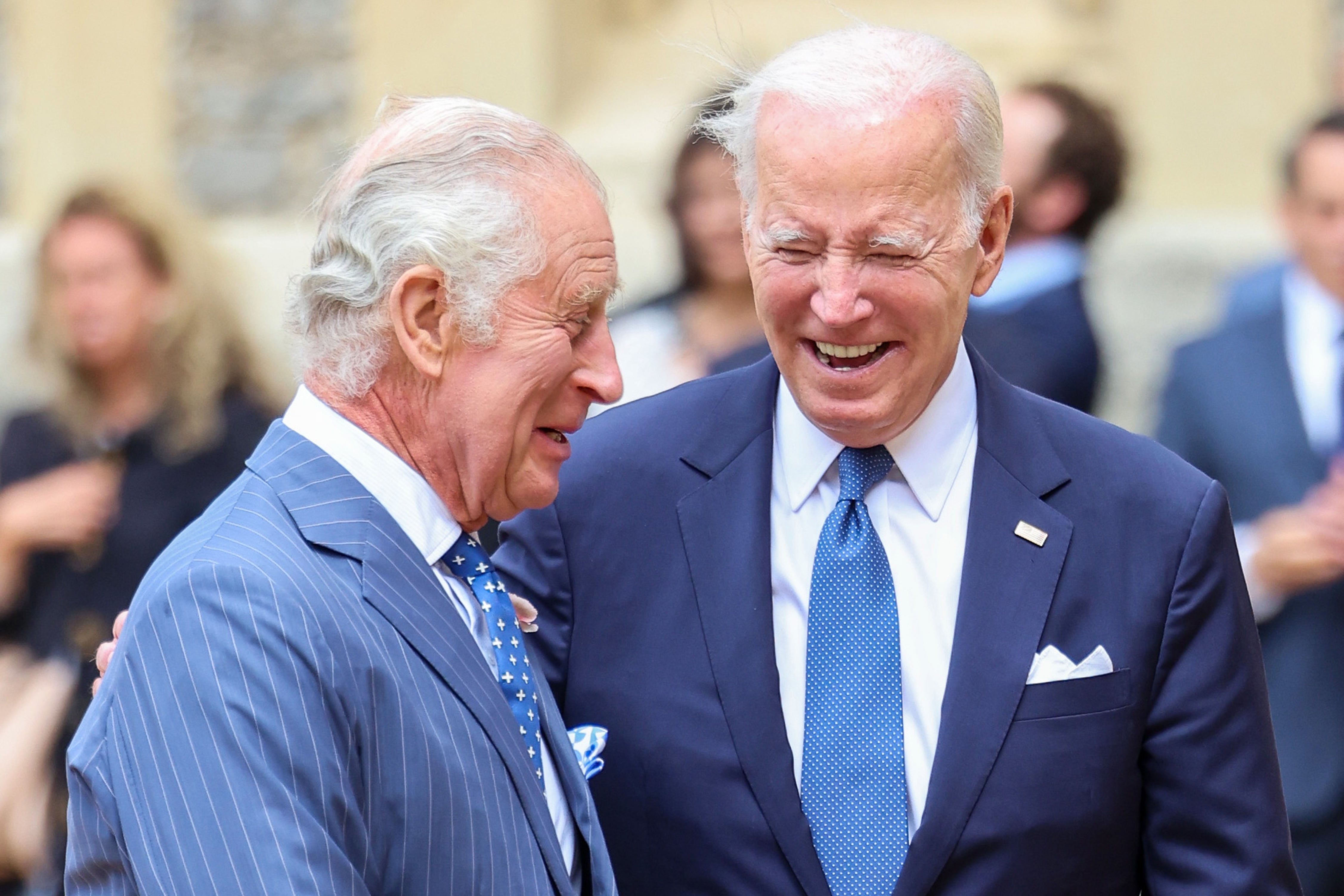
King Charles III sent a heartfelt letter to former President Joe Biden after Biden publicly announced that he had been diagnosed with an aggressive form of prostate cancer.
This confirmation came from Buckingham Palace on Monday, signaling a rare moment of personal communication between two prominent global leaders, both facing serious health challenges.
The exchange highlights the shared human vulnerabilities of men who have shaped the course of international affairs, reminding the world that even those in positions of immense power and responsibility must confront life-altering medical realities.
On Sunday, Biden’s personal office disclosed that the former president, now 82 years old, had sought medical evaluation following the onset of increasing urinary symptoms.
These symptoms led to the discovery of a prostate nodule, prompting further tests and specialist consultations. By Friday, Biden received a formal diagnosis of prostate cancer, which was characterized by a Gleason score of 9, categorized as Grade Group 5.
This score places the cancer among the most aggressive forms of the disease, raising immediate concerns about prognosis and treatment strategies.
The diagnosis was compounded by the discovery that the cancer had metastasized to the bone, indicating that it had spread beyond the primary site in the prostate gland.
Despite the daunting nature of this diagnosis, there is a significant silver lining. Medical experts involved in Biden’s care have noted that his prostate cancer appears to be hormone-sensitive.
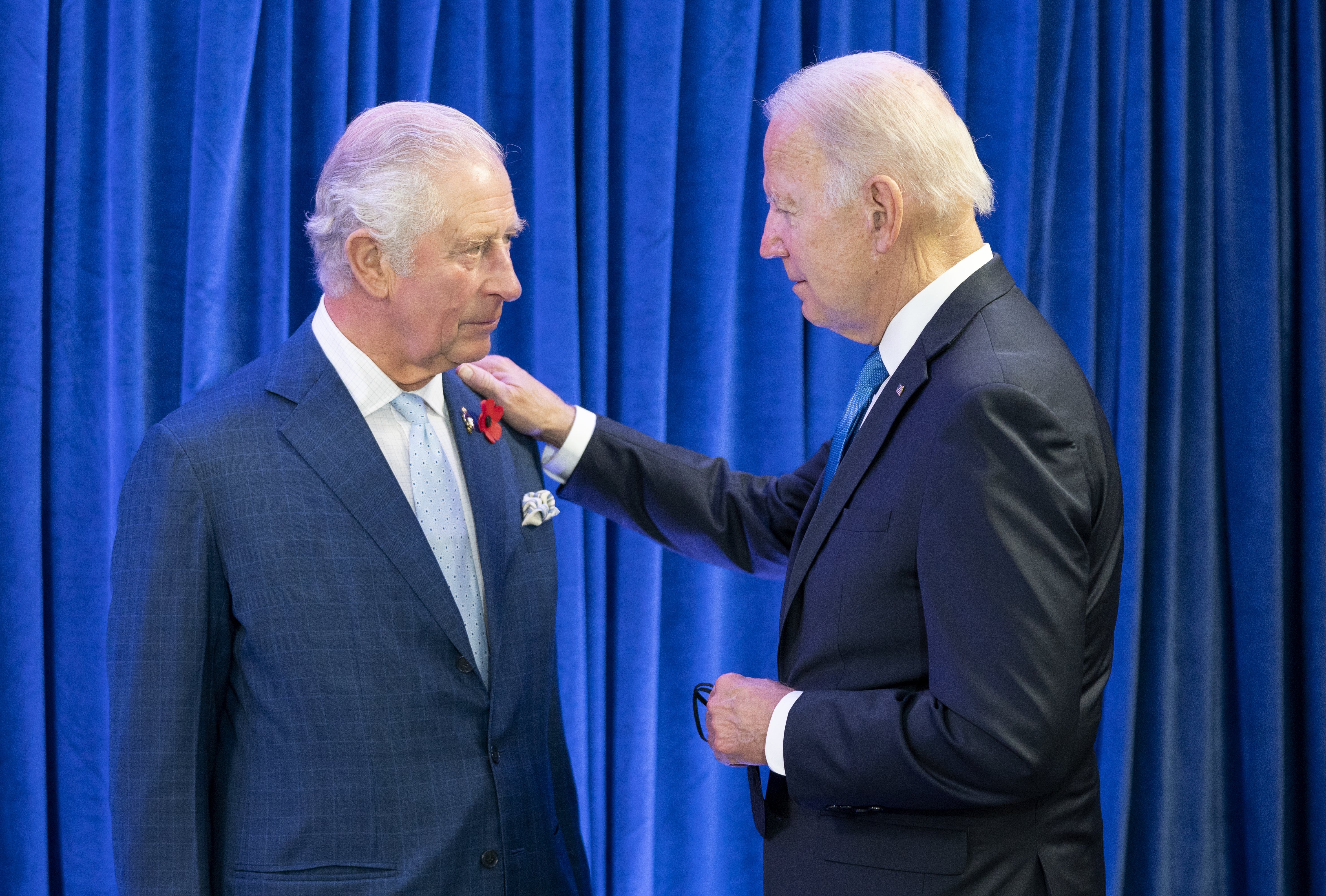
This is an important factor because hormone-sensitive cancers tend to respond well to therapies that block or reduce hormones like testosterone, which fuel the growth of certain prostate tumors.
As a result, hormone therapy may offer an effective route to managing the disease and slowing its progression. Biden, together with his family, is currently reviewing treatment options with his physicians, carefully considering the best approach to his care in light of the diagnosis.
This announcement has come at a pivotal moment for Biden. After completing his term as the 46th President of the United States earlier this year, he has been gradually stepping back into the public spotlight, engaging in various activities and speaking engagements.
His recent diagnosis has triggered a wave of public and media interest, raising important questions about whether signs of his illness could or should have been detected earlier.
The timing and nature of the diagnosis have led to considerable speculation and discussion, touching on broader issues around the health transparency of political figures, the challenges of early cancer detection, and the demands placed on individuals in high-profile roles.
Simultaneously, King Charles III, currently 76 years old, is confronting his own battle with cancer. Buckingham Palace revealed that the king was diagnosed with an unspecified form of cancer in early 2024.
While the exact nature of his illness has not been publicly disclosed, the palace has confirmed that the king has been undergoing ongoing treatment for the disease.
Following his diagnosis, King Charles made the decision to temporarily withdraw from public engagements for approximately three months, focusing on his health while maintaining the continuity of his duties behind the scenes.
Despite stepping back from appearances and ceremonies, he continued to perform vital state functions such as reviewing government documents and holding private meetings with the prime minister.
This delicate balancing act between personal health and public responsibility illustrates the immense pressures faced by modern monarchs in the 21st century.
In March 2025, Buckingham Palace announced that King Charles was hospitalized due to temporary side effects related to a scheduled cancer treatment.
The palace described the episode as requiring a short period of hospital observation as a precaution. As a result, the king’s afternoon public engagements were postponed.
The palace reassured the public that the side effects were temporary and that the king’s treatment plan was continuing as planned. This incident drew attention to the physical toll that cancer treatment can exact, even on those with access to the best medical care available worldwide.
The parallel health struggles of these two iconic leaders have sparked global conversations about the fragility of human life, no matter one’s status or influence.
The world watches closely as both men navigate the challenges of managing serious illnesses while maintaining their roles as symbols of leadership and continuity.
Their experiences have also renewed discussions on the importance of early cancer detection and the need for greater openness about health issues among public figures.
Adding another layer to the public discourse, former President Donald Trump questioned why Biden’s prostate cancer was not caught sooner. This comment intensified scrutiny around the timing of the diagnosis and invited debate on the quality of medical care and transparency in political circles.
The politicization of health issues is not new, but in this instance, it underscores how medical diagnoses of world leaders can quickly become intertwined with political narratives and controversies.
As Biden and King Charles proceed with their respective treatments, they face a path filled with uncertainties and challenges. Their courage and determination in confronting cancer inspire many, yet their journeys also remind the public that illness does not discriminate.
The strength required to manage health crises while in the global spotlight is extraordinary, highlighting the human side of leadership that is often hidden behind official appearances and public duties.
The exchange of letters between King Charles III and Joe Biden serves as a powerful symbol of empathy and solidarity. It shows how, despite their different roles and backgrounds, these leaders share common struggles that transcend politics and monarchy.
The support they extend to each other in private reflects a deeper understanding of the pressures and realities of public service during times of personal health battles.
Looking ahead, many are eager for updates on the progress of their treatments and how their diagnoses may affect their futures. Both men have significant responsibilities to their families, their countries, and the global community.
Their ability to manage health while fulfilling these obligations will continue to be closely followed by citizens and observers worldwide.
:max_bytes(150000):strip_icc():focal(749x0:751x2)/king-charles-III-us-president-joe-biden-london-visit-071023-2-fd4e3535017d48ed8f1f5cd4d0c36779.jpg)
This story remains a vivid reminder that even the most powerful figures are vulnerable. It calls attention to the importance of compassion, privacy, and support for those facing serious health challenges.
At the same time, it invites ongoing reflection on how societies view and handle the health of their leaders, balancing transparency with respect for personal dignity.
In this unprecedented moment, King Charles III and Joe Biden exemplify resilience in the face of adversity. Their experiences not only humanize them but also bring hope to others battling illness around the world.
The coming months will reveal how these two men navigate their health journeys and what lessons can be drawn from their courage and perseverance amid the demands of leadership.

